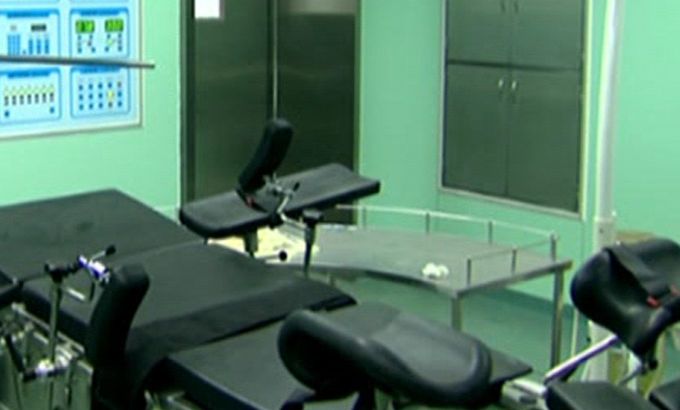
Afghan health care: Money down the drain?
We ask why multi-billion dollar state-of-the-art hospitals are in a state of decline and who should be held accountable.
Foreign donors in Afghanistan are wasting millions of dollars building hospitals that the government cannot afford to run.
|
“The Afghan government did not do its job at the time … when the facility was delivered, they did not verify that they could run this facility… [they] did not think about the running costs of such a facility…“ – Najib Manalai, advisor to the Afghan finance ministry |
Al Jazeera gained access to one such facility, Jumhoriat Hospital, built by Chinese contractors.
But it is so badly built that it is too dangerous to open to the public, even after three years of completion. Afghanistan’s health ministry is now trying to find private companies who are willing to run hospitals.
And, the cost of trying to rebuild the Afghan health service are high.
To fix Jumhoriat Hospital, it would cost $44.1m, which is almost 1/3 of the entire national Afghan annual health development budget of $135m. And this budget excludes the salaries of medical professionals.
With a $60m price tag to rebuild Jumhoriat Hospital – the cost to tear it down and start again would not be that much more.
|
“The overarching characteristic of this [development model in Afghanistan] has been militarisation of aid… contracted to the military and to the private sector who do not have the skills, the competence, experience or knowledge to design and implement projects.” – Farhana Faruqi Stocker, the managing director of Afghanaid |
About 19 new donor-funded hospitals are expected to be operational in the next two years, which means an additional 2,900 beds.
But to maintain these hospitals to international standards – Afghanistan needs $2bn over the next 10 years – money the Afghan government just does not have.
The health ministry is pinning its hopes on public-private partnerships. Essentially, it will subsidise private health companies to run the hospitals.
So, why are Afghanistan’s hospitals in a state of decline? And who should be held accountable, the government or foreign donors?
Inside Story, with presenter Ghida Fakhry, discusses with guests: Mohammad Hashim Wahaj, a member of the health board for the Afghan Chamber of Commerce, a medical doctor and the head of Wahaj Hospital; Farhana Faruqi Stocker, the managing director of Afghanaid, a non-governmental organisation that provides humanitarian help and development; and Najib Manalai, a political analyst and advisor to the Afghan finance ministry.
|
“First of all we are grateful to the government of China for its assistance in constructing this hospital and equipping this hospital. However, the assessment shows that the hospital needs some refurbishment and some equipment needs to be upgraded, so that will also require some resources including financial resources and some efforts to upgrade the building itself… and prepare it for a full use.” Dr Suraya Dalil, Afghanistan’s health minister |
___________________________________________________________________________________________________
FOREIGN AID TO AFGHANISTAN:
- Afghans spend around $90m a year on medical treatment in neighbouring countries
- The country is expected to receive $16bn in foreign aid over the next four years
- The biggest donors are the US, Japan, Germany and the UK. The World Bank says the aid is equal to more than 95 per cent of Afghanistan’s GDP
- Since 2002 Afghanistan has received nearly $60bn in civilian aid